Energy fireplace advantages and disadvantages

An energy-efficient fireplace offers several advantages over traditional fireplaces, but it also has some disadvantages that need to be considered. Here are the main advantages and disadvantages:
Advantages:
- Increased performance:
- Energy fireplaces have a closed combustion chamber and recycle heat in a more efficient way, providing greater heat to the space and using less fuel (wood, pellets, etc.).
- Fuel economy:
- Thanks to better combustion, less fuel is required to heat the space. This results in reduced costs for purchasing wood or other fuels.
- Reduced smoke and gas emissions:
- Because the energy fireplace has a more efficient combustion system, it emits less smoke and gases (such as carbon monoxide) into the air, making it more environmentally friendly compared to traditional fireplaces.
- Increased security:
- Due to the closed combustion system and ventilation system, the energy fireplace is safer, as the chances of smoke leaking into the interior or other fire hazards are reduced.
- Recycled heat:
- Many energy-efficient fireplaces feature heat exchange systems (e.g., air or water), allowing heat to spread to more spaces, reducing the need for additional radiators.
- Pollution reduction:
- Better combustion reduces the creation of soot and other harmful substances, helping to reduce air pollution.
Disadvantages:
- Initial cost:
- The cost of purchasing and installing an energy-efficient fireplace is usually higher than the cost of a traditional fireplace. Also, installation may require specialized technicians, increasing the overall cost.
- Maintenance and cleaning:
- Although energy-efficient fireplaces are more efficient, they require periodic cleaning and system maintenance (e.g., cleaning the fireplace, pipes, heat exchange system) to keep them in good condition and ensure their proper operation.
- Requires special installation:
- Installing an energy-efficient fireplace can be more complicated and require specialized work, such as pipes for heat recycling or other infrastructure to distribute heat to other spaces. This can take more preparation and time.
- Depends on the fuel:
- Although energy-efficient fireplaces are dependent on burning wood or other fuels, if you don't have easy access to these fuels or if their prices increase, your heating costs can become higher.
- Adequate ventilation is needed:
- Although energy-efficient fireplaces are safer, they also require good ventilation in the room to function properly. If the home does not have adequate ventilation, combustion may not be as efficient and cause problems with indoor air quality.
- Warm-up time:
- Compared to other forms of heating (e.g., electric or central heating), the energy fireplace may take longer to reach a high temperature and warm the space, because combustion is gradual.
To summarize:
Energy-efficient fireplaces offer significant advantages in terms of efficiency, fuel economy, safety and environmental friendliness. However, they may not be suitable for everyone due to higher installation costs, the need for maintenance and their fuel-dependent nature. You should consider the overall cost and needs of your home before choosing the right heating system.

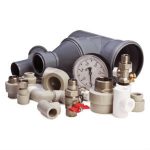
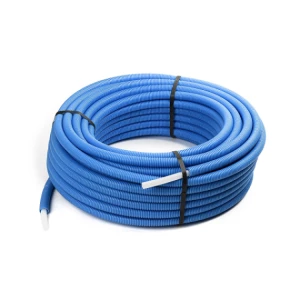 Piping - Insulation
Piping - Insulation 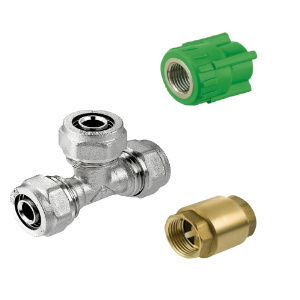 Piping Fittings
Piping Fittings 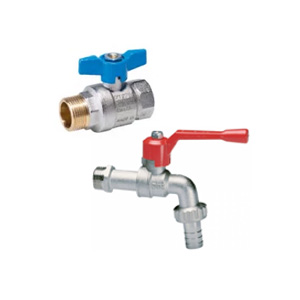 Valves - Cannulas
Valves - Cannulas 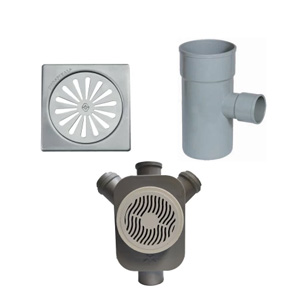 Drains
Drains 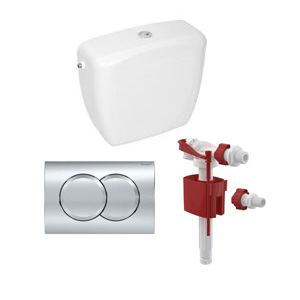 Water tanks - Accessories
Water tanks - Accessories 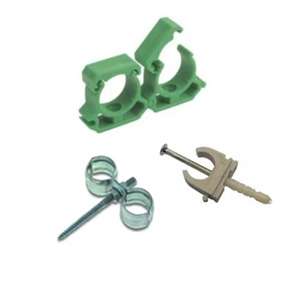 Support - Tables
Support - Tables  Spiral
Spiral 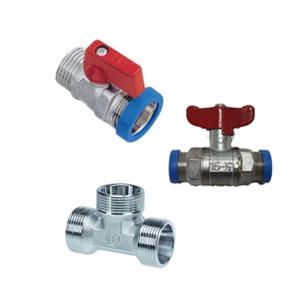 24x19 components
24x19 components  Welding - Sealing
Welding - Sealing 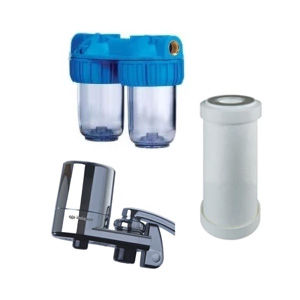 Water filter
Water filter 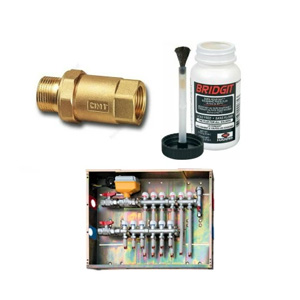 Various Plumbing Items
Various Plumbing Items 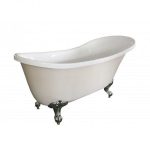
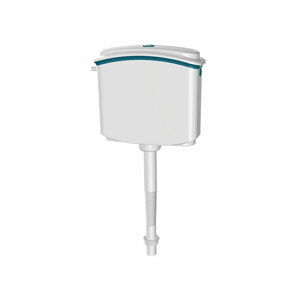 Water tanks
Water tanks 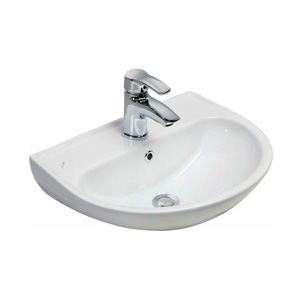 Bathroom Sinks
Bathroom Sinks  Tiles
Tiles 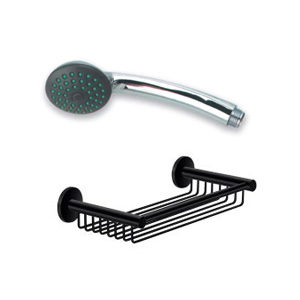 Bathroom accessories
Bathroom accessories 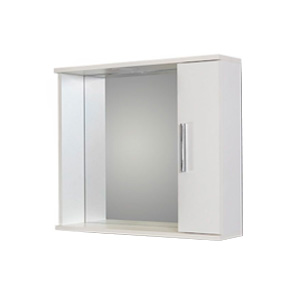 Mirrors
Mirrors 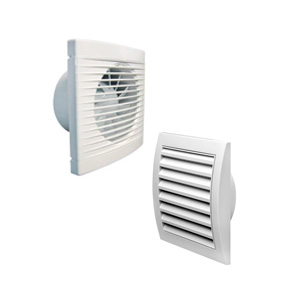 Ventilation Accessories
Ventilation Accessories 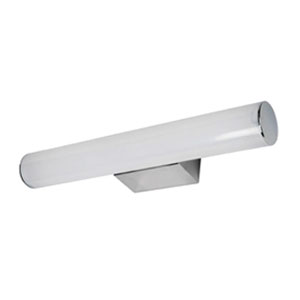 Bathroom lighting
Bathroom lighting  Basin Covers
Basin Covers 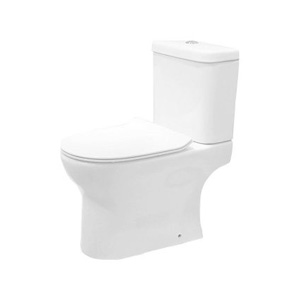 Basins
Basins 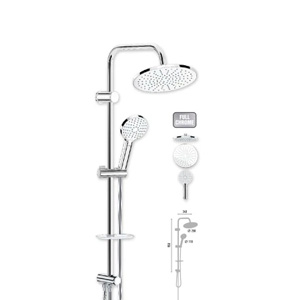 Shower Columns
Shower Columns 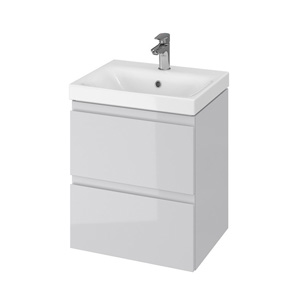 Bathroom furnishings
Bathroom furnishings 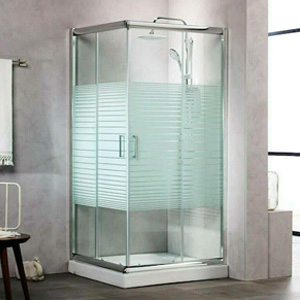 Bathroom cabins
Bathroom cabins  Showers
Showers 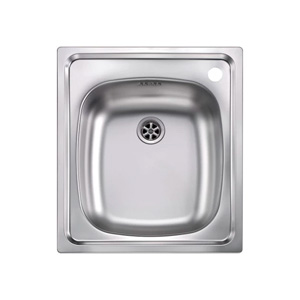 Sinks
Sinks 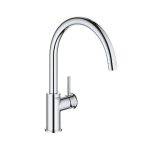
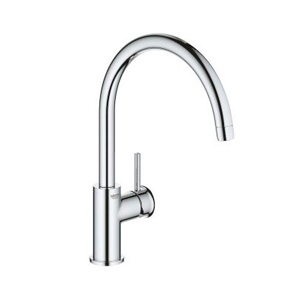 Kitchen faucets
Kitchen faucets 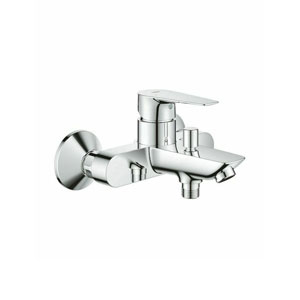 Bathroom batteries
Bathroom batteries 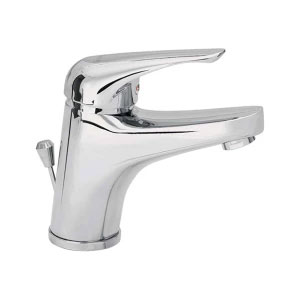 Sink batteries
Sink batteries 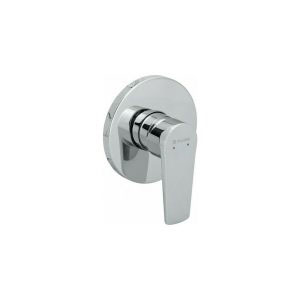 Built-in batteries
Built-in batteries 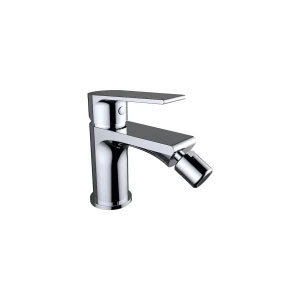 Bidet faucets
Bidet faucets 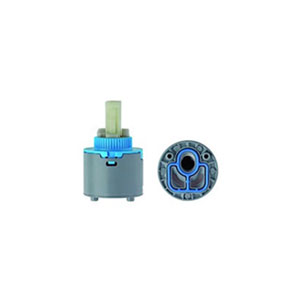 Battery Spare Parts
Battery Spare Parts 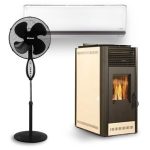
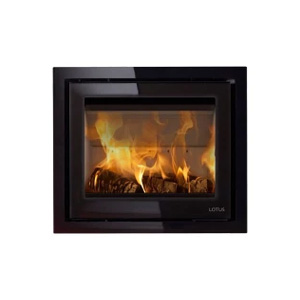 Fireplaces
Fireplaces 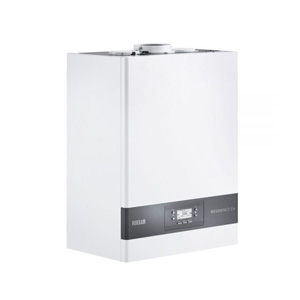 Boilers - Burners
Boilers - Burners 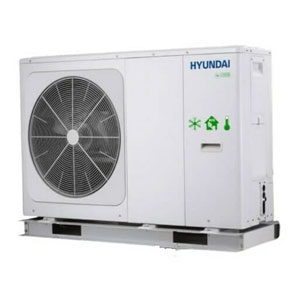 Heat pumps
Heat pumps 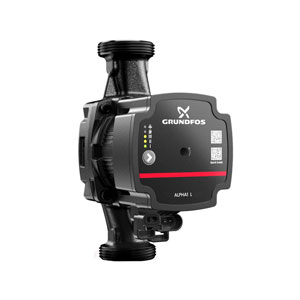 Circulators
Circulators 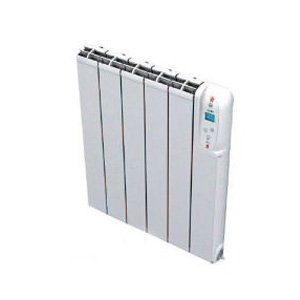 Heating Devices
Heating Devices 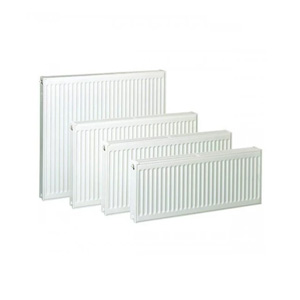 Radiator bodies
Radiator bodies 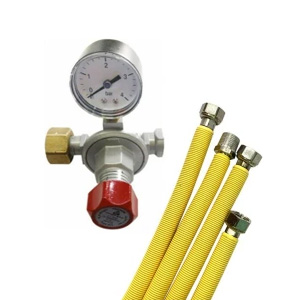 LPG accessories
LPG accessories 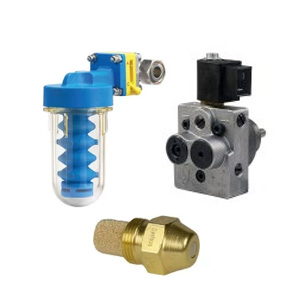 accessory
accessory  Spare parts
Spare parts 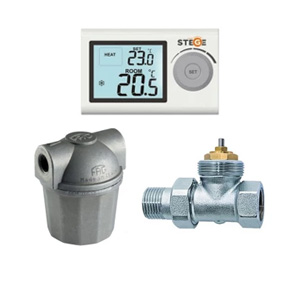 Heating accessories
Heating accessories 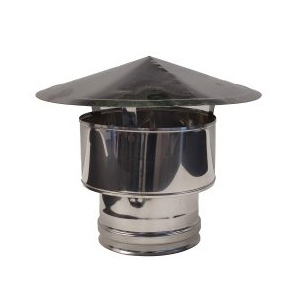 Chimneys
Chimneys 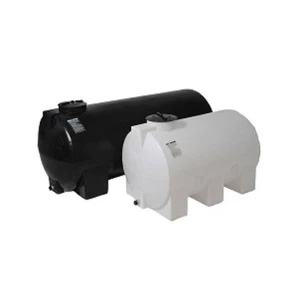 Plastic tanks
Plastic tanks 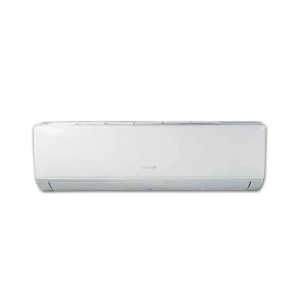 Air conditioners
Air conditioners 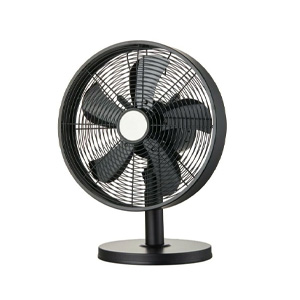 Fans
Fans 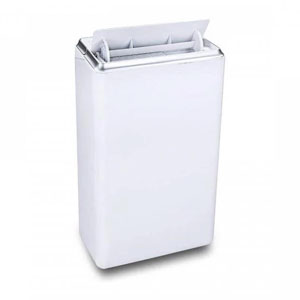 Dehumidifiers
Dehumidifiers 
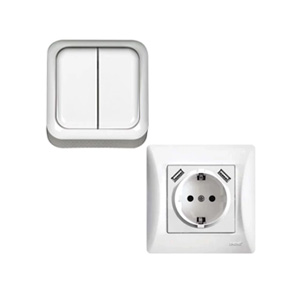 Sockets - Switches
Sockets - Switches 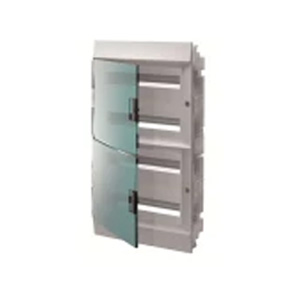 Paintings
Paintings 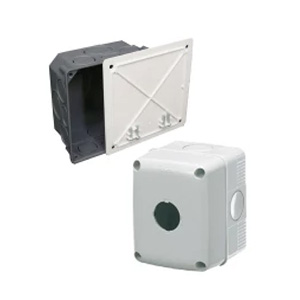 Electrical Boxes - Buat
Electrical Boxes - Buat  Raga materials
Raga materials 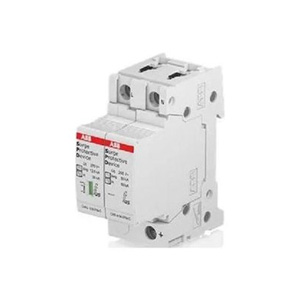 Lightning Protection & Grounding
Lightning Protection & Grounding 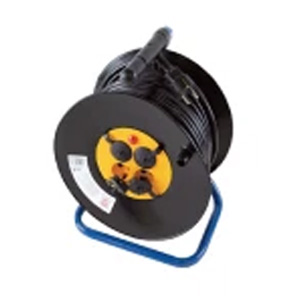 Fishing Reels - Extensions
Fishing Reels - Extensions  Plug - Socket - Power socket - Adapters
Plug - Socket - Power socket - Adapters 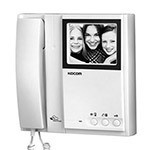 Intercoms - Intercoms
Intercoms - Intercoms 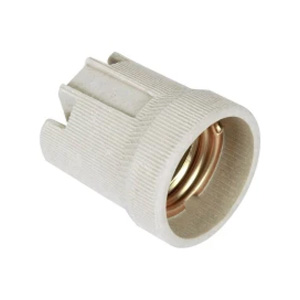 Dui
Dui 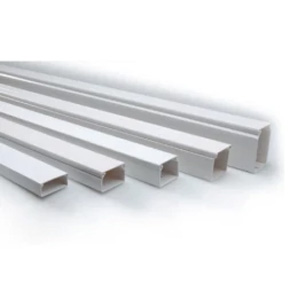 Channels - Accessories
Channels - Accessories 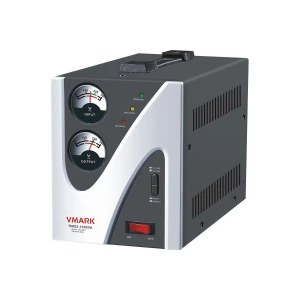 UPS - Voltage Stabilizers
UPS - Voltage Stabilizers  Absorbers
Absorbers 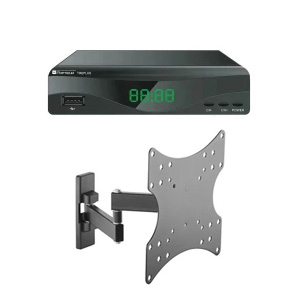 Television Accessories - Antennas
Television Accessories - Antennas 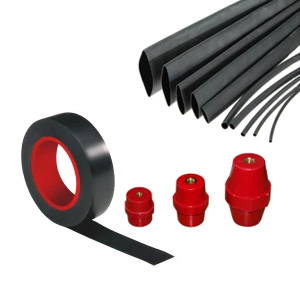 Connection & Support Materials
Connection & Support Materials 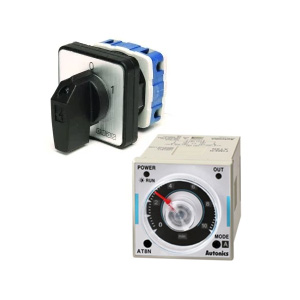 Various Industrial Facilities
Various Industrial Facilities 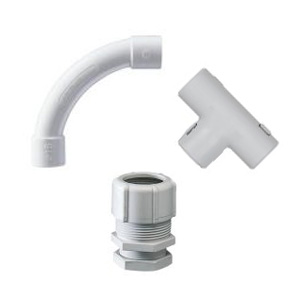 Installation Pipes
Installation Pipes 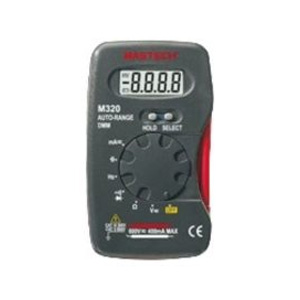 Various materials
Various materials 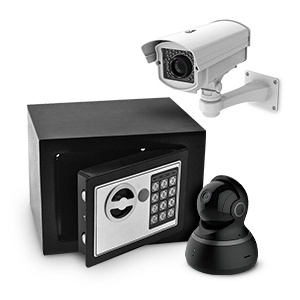 Alarms & Accessories
Alarms & Accessories 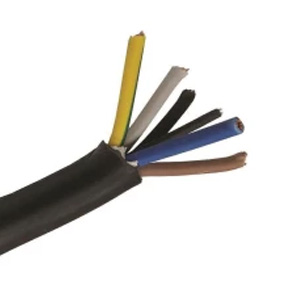 Cables
Cables 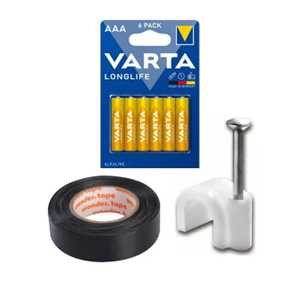 Consumables
Consumables 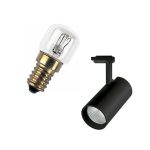
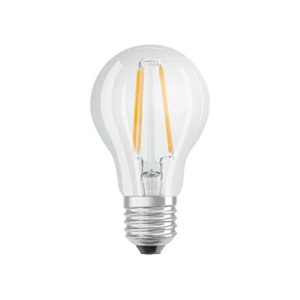 LED lamps
LED lamps 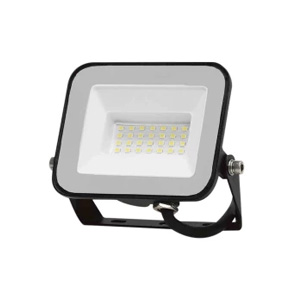 Headlights
Headlights 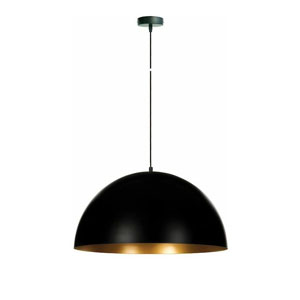 Indoor Lighting
Indoor Lighting 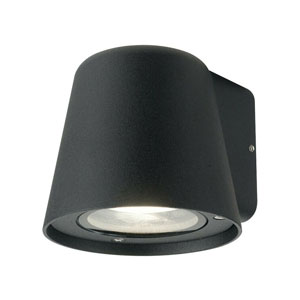 Outdoor Lighting
Outdoor Lighting 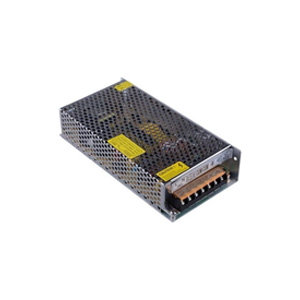 LED Power Supplies - Controllers & Dimmers
LED Power Supplies - Controllers & Dimmers 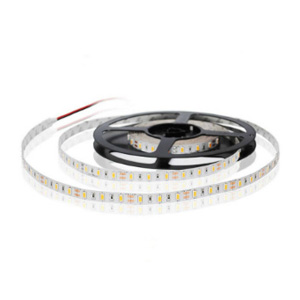 LED strips
LED strips 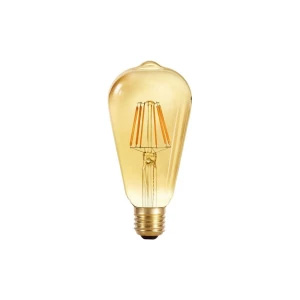 Decorative
Decorative  Various Lamps
Various Lamps 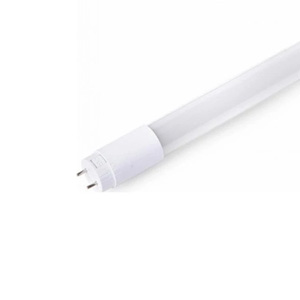 Fluorine lamps
Fluorine lamps 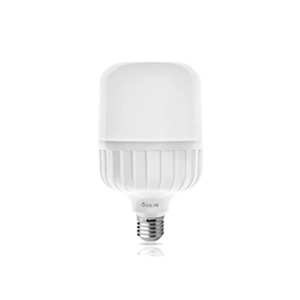 Professional Lighting
Professional Lighting 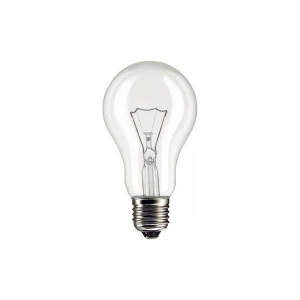 Halogen lamps
Halogen lamps 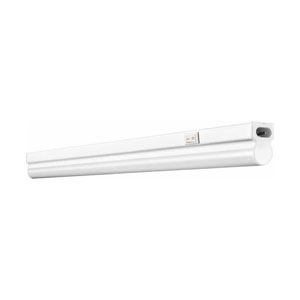 Linear Luminaires
Linear Luminaires 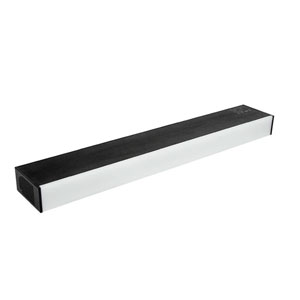 Rails - LED Rail Lights
Rails - LED Rail Lights 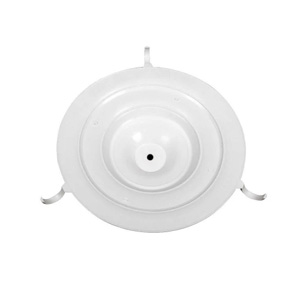 accessory
accessory 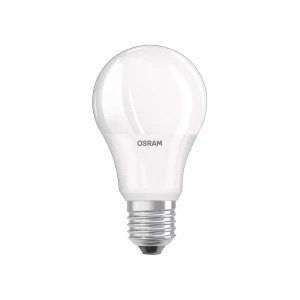 Pear
Pear 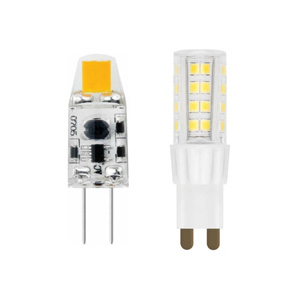 G9 & G4
G9 & G4  Tube
Tube 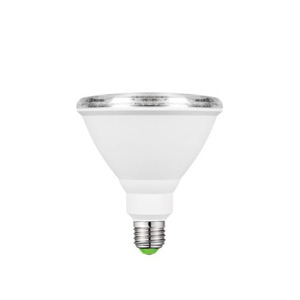 Special Applications
Special Applications 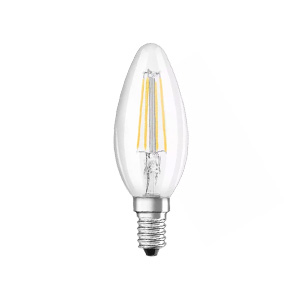 Candle
Candle  Spot - GU10 - Studs
Spot - GU10 - Studs 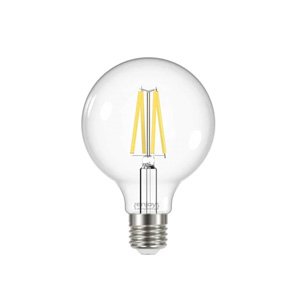 Globe
Globe 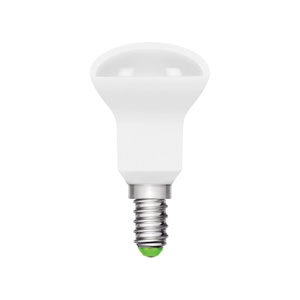 Mirror
Mirror 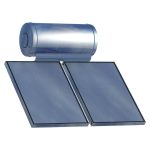
 Boiler
Boiler 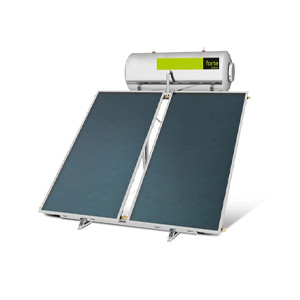 Solar
Solar 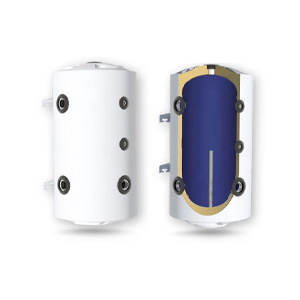 Inertia Containers
Inertia Containers 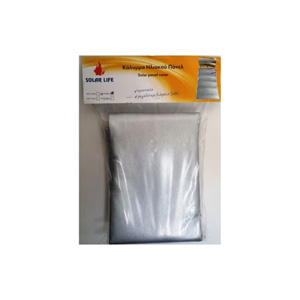 Solar cover
Solar cover 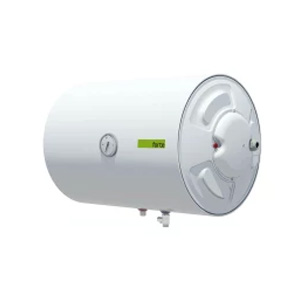 Water heaters
Water heaters 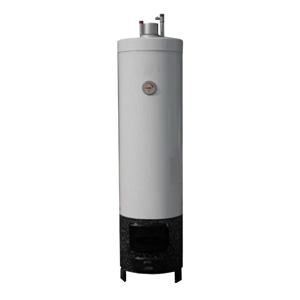 Wood-Electric Water Heaters
Wood-Electric Water Heaters 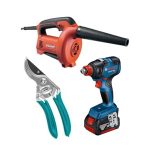
 Hand tools
Hand tools  Blades & Blades
Blades & Blades  Cleaners - Technical Sprays
Cleaners - Technical Sprays  Toolboxes
Toolboxes  Protective Items
Protective Items  Water pumps
Water pumps  Cutting Discs
Cutting Discs  Drills - Bits
Drills - Bits  Building materials
Building materials  Adhesive Films
Adhesive Films  Cleaning Brushes
Cleaning Brushes  Connections-Watering Fittings
Connections-Watering Fittings 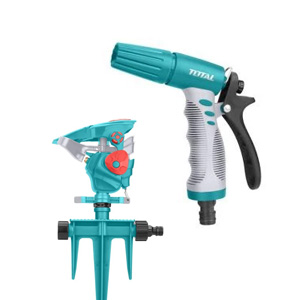 Water Guns/Throwers
Water Guns/Throwers 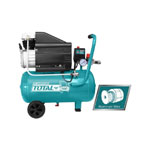 Compressors - Vacuums
Compressors - Vacuums  Various materials
Various materials 

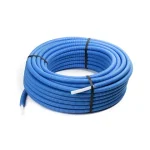 Piping - Insulation
Piping - Insulation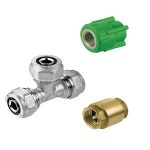 Piping Fittings
Piping Fittings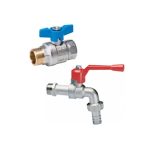 Valves – Cannulas
Valves – Cannulas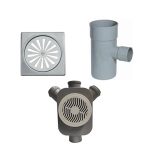 Drains
Drains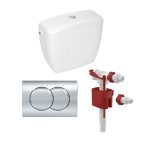 Tanks - Accessories
Tanks - Accessories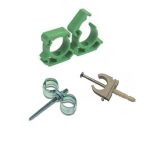 Support – Tables
Support – Tables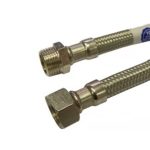 Spiral
Spiral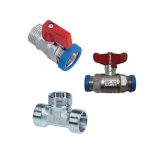 24×19 fittings
24×19 fittings Welding - Sealing
Welding - Sealing Water filter
Water filter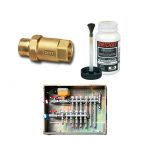 Various Plumbing Items
Various Plumbing Items Water tanks
Water tanks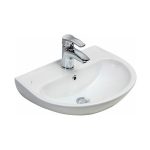 Bathroom Sinks
Bathroom Sinks Tiles
Tiles Bathroom accessories
Bathroom accessories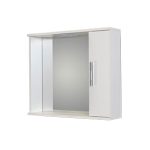 Mirrors
Mirrors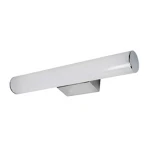 Bathroom lighting
Bathroom lighting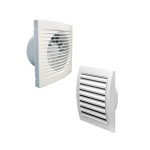 Ventilation Accessories
Ventilation Accessories Basin Covers
Basin Covers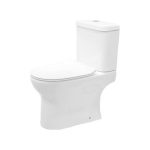 Basins
Basins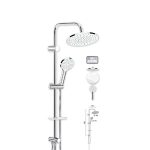 Shower Columns
Shower Columns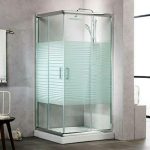 Bathroom cabins
Bathroom cabins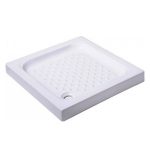 Showers
Showers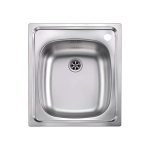 Sinks
Sinks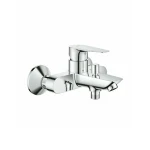 Bathroom batteries
Bathroom batteries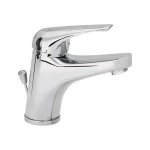 Sink batteries
Sink batteries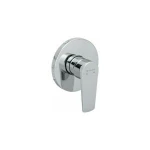 Built-in batteries
Built-in batteries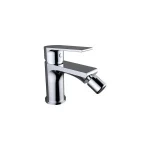 Bidet faucets
Bidet faucets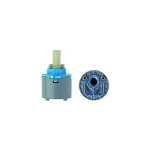 Battery Spare Parts
Battery Spare Parts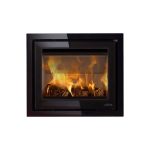 Fireplaces
Fireplaces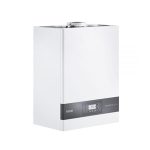 Boilers - Burners
Boilers - Burners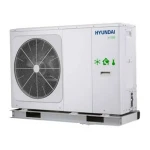 Heat pumps
Heat pumps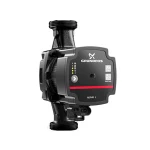 Circulators
Circulators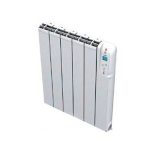 Heating Devices
Heating Devices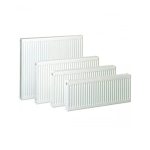 Radiator bodies
Radiator bodies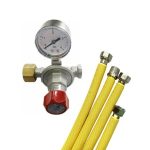 LPG accessories
LPG accessories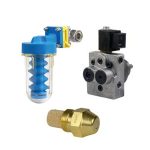 accessory
accessory Spare parts
Spare parts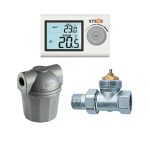 Heating accessories
Heating accessories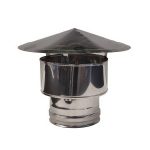 Chimneys
Chimneys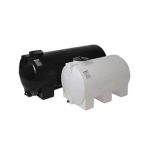 Plastic tanks
Plastic tanks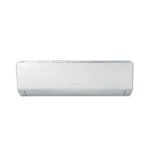 Air conditioners
Air conditioners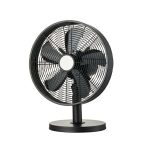 Fans
Fans Dehumidifiers
Dehumidifiers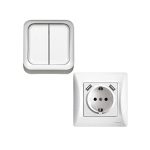 Sockets - Switches
Sockets - Switches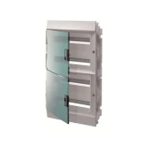 Paintings
Paintings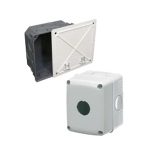 Electrical Boxes - Buat
Electrical Boxes - Buat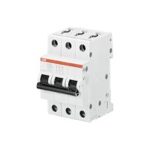 Raga materials
Raga materials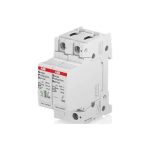 Lightning Protection & Grounding
Lightning Protection & Grounding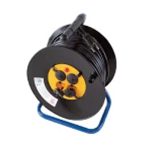 Fishing Reels – Extensions
Fishing Reels – Extensions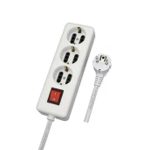 Plug - Socket - Power socket - Adapters
Plug - Socket - Power socket - Adapters Dui
Dui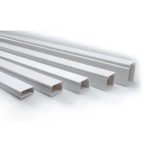 Channels – Accessories
Channels – Accessories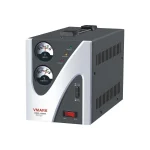 UPS – Voltage Stabilizers
UPS – Voltage Stabilizers Television Accessories – Antennas
Television Accessories – Antennas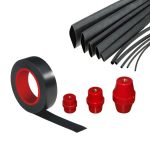 Connection & Support Materials
Connection & Support Materials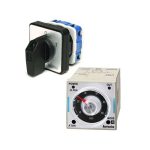 Various Industrial Facilities
Various Industrial Facilities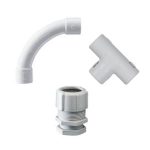 Installation Pipes
Installation Pipes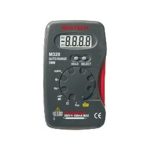 Various materials
Various materials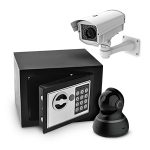 Alarms & Accessories
Alarms & Accessories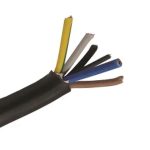 Cables
Cables Consumables
Consumables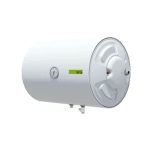 Water heaters
Water heaters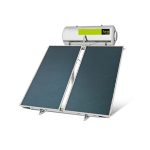 Solar
Solar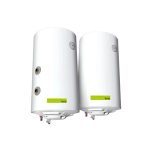 Boiler
Boiler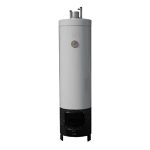 Wood-Electric Water Heaters
Wood-Electric Water Heaters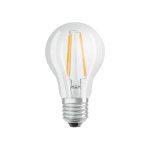 LED lamps
LED lamps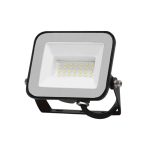 Headlights
Headlights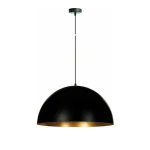 Indoor Lighting
Indoor Lighting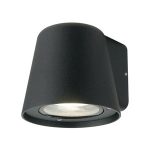 Outdoor Lighting
Outdoor Lighting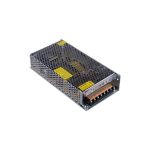 LED Power Supplies – Controllers & Dimmers
LED Power Supplies – Controllers & Dimmers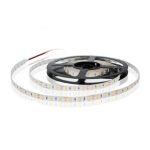 LED strips
LED strips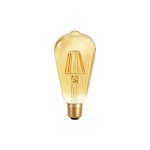 Decorative
Decorative Various Lamps
Various Lamps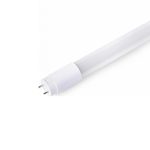 Fluorine lamps
Fluorine lamps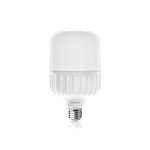 Professional Lighting
Professional Lighting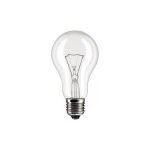 Halogen lamps
Halogen lamps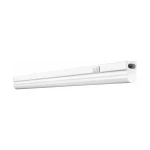 Linear Luminaires
Linear Luminaires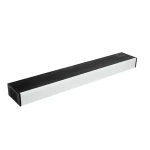 Tracks – LED Track Lights
Tracks – LED Track Lights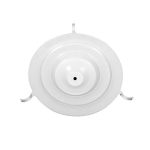 accessory
accessory Hand tools
Hand tools Blades & Blades
Blades & Blades Cleaners - Technical Sprays
Cleaners - Technical Sprays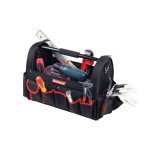 Toolboxes
Toolboxes Protective Items
Protective Items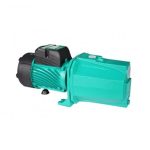 Water pumps
Water pumps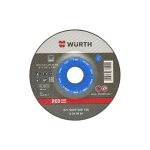 Cutting Discs
Cutting Discs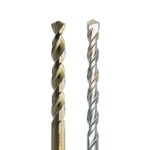 Drills – Bits
Drills – Bits Building materials
Building materials Adhesive Films
Adhesive Films Cleaning Brushes
Cleaning Brushes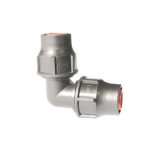 Connections-Watering Fittings
Connections-Watering Fittings Compressors – Vacuums
Compressors – Vacuums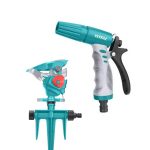 Water Guns/Throwers
Water Guns/Throwers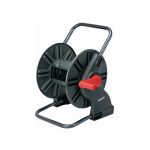 Various materials
Various materials